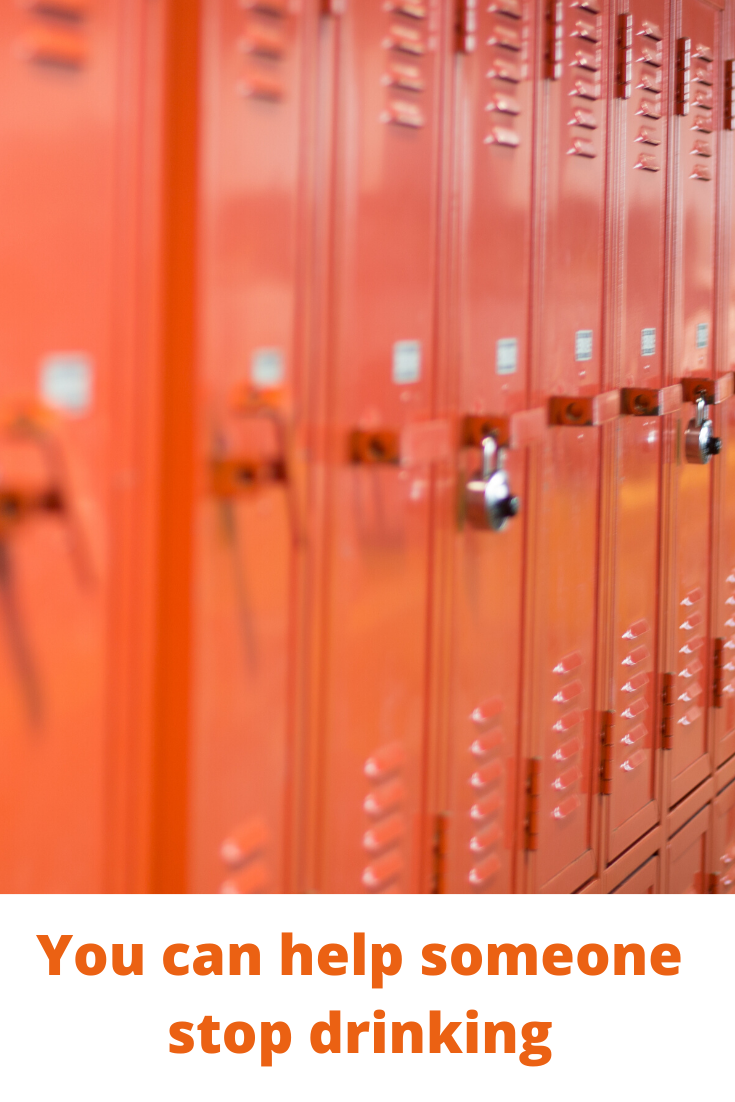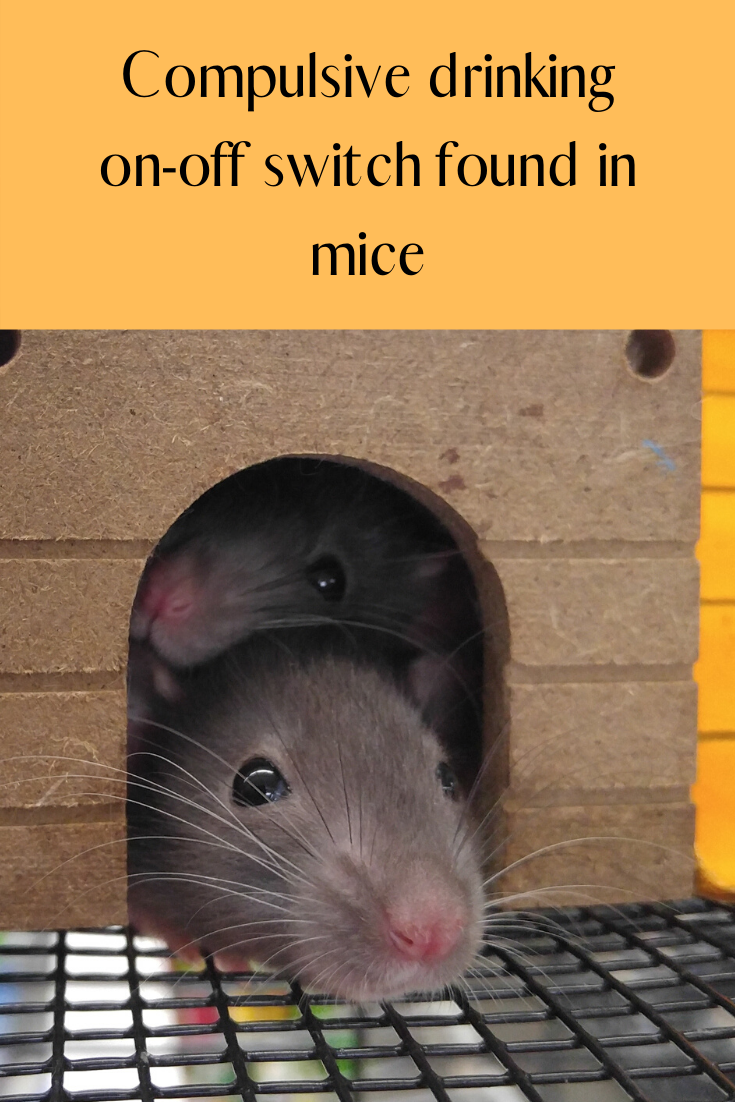We weren’t sure if this post was necessary. After all, the current guidance (see WHO here) in many countries is primarily focused on hand-washing, respiratory hygiene, and social distancing to reduce risk from the coronavirus, so most young and healthy people aren’t staying at home.
But we also know that there is a lot of value in slowing the rate of infection to avoid overloading our healthcare systems, and so we fully expect that, in the next few weeks, we will see many people staying inside for unusually protracted periods out of an abundance of caution.
This quarantine-like situation is risky for those of us who used to drink too much, because boredom can be a powerful trigger. It’s also tempting to let the gloom and doom take over, and give up on important long-term health goals in favor of short-term relief from difficult emotions.
For those people, then, who are staying inside and are trying to avoid drinking out of boredom or self-destructive impulses, we put together a list of 50 potential activities that are not drinking alcohol to help keep you busy.
Here are ideas for 50 things to do if you're self-quarantining that are NOT drinking:
Ask your closest friends for their favorite movies, TV shows, and books. Then, work your way through the list that comes back.
Same thing, but for favorite foods.
Keep a journal. These are interesting times we live in. There’s a blog there somewhere, but even if not, you’ll get more in touch with what’s going on inside your own head if you write it down. Bonus points if you make a point of writing down something you’re grateful for each time; it really can make a difference in your happiness!
Same thing, but with art. Did anyone else do this in high school? We had to keep a journal full of art - anytime we were inspired, we’d open it and do a page in a different medium - pastels, crayons, collages, sketches, stamps, whatever. It doesn’t have to be prize-worthy; it’s just for your own self-expression.
Take a virtual painting class. There are tutorials online (Bob Ross on YouTube is a good place to start). All you need are brushes, paints, canvas, and newspaper to cover up your surfaces.
Get out an old yearbook and find out what everyone from high school is up to.
Make plans to FaceTime a different friend every day. It can be important to socialize just a little bit for your own sanity! Plus, it makes sure everyone feels cared for.
Think of a different friend each week and deliberately do something nice for them. If they’re worried about an upcoming job interview, help them prepare. If they’re working through a breakup, listen to their story. It will do you good to focus on someone else’s needs.
Pick your favorite author and read everything they’ve written.
Pick your favorite author and read all of their favorite books. This is a great way to discover new books you might never have heard of otherwise. Look for something like this list from Stephen King.
Pick your favorite director and watch every movie they’ve ever made. If you don’t know who that is, pick your favorite movie and figure out who directed it.
Same thing, but for actors.
Pick your favorite director and watch their favorite movies.
Pick your favorite movie or TV and check out recommended similar ones on Tastedive. We’ve found a lot of our latest favorites this way.
Work your way through the latest good documentaries. RottenTomatoes has a good list to consider.
Watch Contagion (apparently, almost everyone is doing this right now). Consensus appears to be they get the science pretty close to right, so it’s helpful to get a sense of what outbreaks like this can look like.
Pick a day of the week and dub it Halloween, and have everyone at home dress up and watch a horror movie. Bonus points if you add some candy corn.
Same thing, but for Christmas (you don’t have to give gifts every time, but you could listen to the right festive music, decorate, watch Home Alone, and have holiday-appropriate foods, for example).
Grow a garden. If you’ve not got a ton of space, you can do a small herb garden on your kitchen counter. If you do have a little outdoor space like a balcony or a backyard, you can do a citrus tree or tomato plant. It can be incredibly satisfying to watch something grow, and it’s a calming habit.
Learn how to sew. There are tutorials available online, it’s a very useful skill for repairing stuff even if you don’t end up pursuing secret dreams of being a fashion designer.
Learn how to knit. It’s easier than sewing, and you have a new cheap gift you can give literally everyone (who doesn’t appreciate a homemade scarf?).
Tie-dye something. Here’s how if you’ve forgotten!
Bedazzle something (for those unfamiliar, it means sticking rhinestones on your clothing). And yes, you can in fact still buy a bedazzler on Amazon. What a throwback!
Create some DIY home decorations, like a new vase or mirror.
Try a photography tutorial and go nuts with Portrait mode around the house.
Learn a new language. The Duolingo app is great for that, from our personal experience. It can be fun to do with someone else, so you can try to make small talk in your new language.
Work on learning to code using Codecademy or other similar resources. Now is such a great time to put in the effort!
Learn about our amazing planet by watching Planet Earth all the way through.
Learn how to meditate. It can really help you to stay calm. There are great apps to help with it, too, like Headspace and Calm.
Learn more about your taste in music by drilling into Spotify’s recommendations for you.
Learn more about your taste in coffee and tea by trying a few varieties and keeping notes (we use a lot of David’s Tea and there’s a lot out there to explore; there are even coffee subscription clubs to check out).
Learn more about your taste in chocolate. Nuff said.
Pick a topic you always wanted to learn more about, but never did, and explore it on Coursera or Udemy. Greek mythology? Great! You’ve got the time. History of flight? Why not!
Pick a sport you don’t typically watch, and watch either its purported best games in history, or a documentary about the sport. If you need ideas, the new Formula One series on Netflix is incredible.
Educate yourself about upcoming elections and the candidates and political issues that affect you. There’s no excuse now - you’ve got the time!
Take the time to find interesting accounts on Instagram and follow them. It’s amazing the content that is out there to be discovered from travelers, pet lovers, food bloggers, fashion bloggers and more. Plus, you’ll see more of the kind of content you like if you follow the right stuff.
Pick a different world cuisine every week and try to make one of its signature main dishes.
Same thing, but for desserts. Nom.
Buy a non-alcoholic spirit (like Seedlip) and make every mocktail you can find. Some brands of non-alcoholic spirits even have their own recipe lists on their websites.
Read quit lit. Quit Like a Woman is next on our list. There are a lot of great books out there, like This Naked Mind, The Alcohol Experiment, Goodbye Hangovers, Hello Life, Rewired, The Unexpected Joy of Being Sober and many more. Reading these can help you remember why you wanted to quit drinking in the first place, so you can stay motivated now.
Play cards. Egyptian Rat Screw is a great game if you only have one deck.
Play Cards against Humanity. Or dig up old kiddie board games like Candyland and give them a whirl. If you don’t have any board games, a good twist on charades is to play bowl of nouns.
Teach yourself chess and play, at home or online.
Download a fitness app and do your workouts at home. Strong is a great app if you have small weights you can use. There are also countless yoga videos on YouTube. A little exercise can go a long way toward improving your mental health, so it’s worth figuring out a plan.
Slowly increase the number of push-ups (or sit-ups, or both) that you can do, day by day.
Clean out your closet. You know damn well you need to. If you need tips, consult Marie Kondo. Just be careful when taking it to Goodwill.
Plan out how you want to re-decorate a room in your place. You can use Homestyler or another design app to get an idea of what you might like.
Research places you might like to live. Even if you’re not planning to move, it can feel good to have a sense of where you might like to live, so you know what your options are.
Plan a trip for after the coronavirus outbreak has subsided. Pick where you want to go; plan the activities you want to try and the sites and restaurants you want to visit. Don’t spend a dime yet; just plan it.
Re-set on your New Year’s Resolutions. Set some personal goals for the year and plan how you want to get to them. Weight loss? Check. Promotion at work? Got a plan for it.
Stay safe, and we wish you all the best in sticking with your sobriety or moderation goals!
If you’re looking to cut back or quit drinking, we’d love to help. Drinker’s Helper is an app that provides motivational exercises, drink tracking and insights into why you drink, and a personalized support group of your peers to help you make needed changes. You can try it out for free for a week before joining.



















